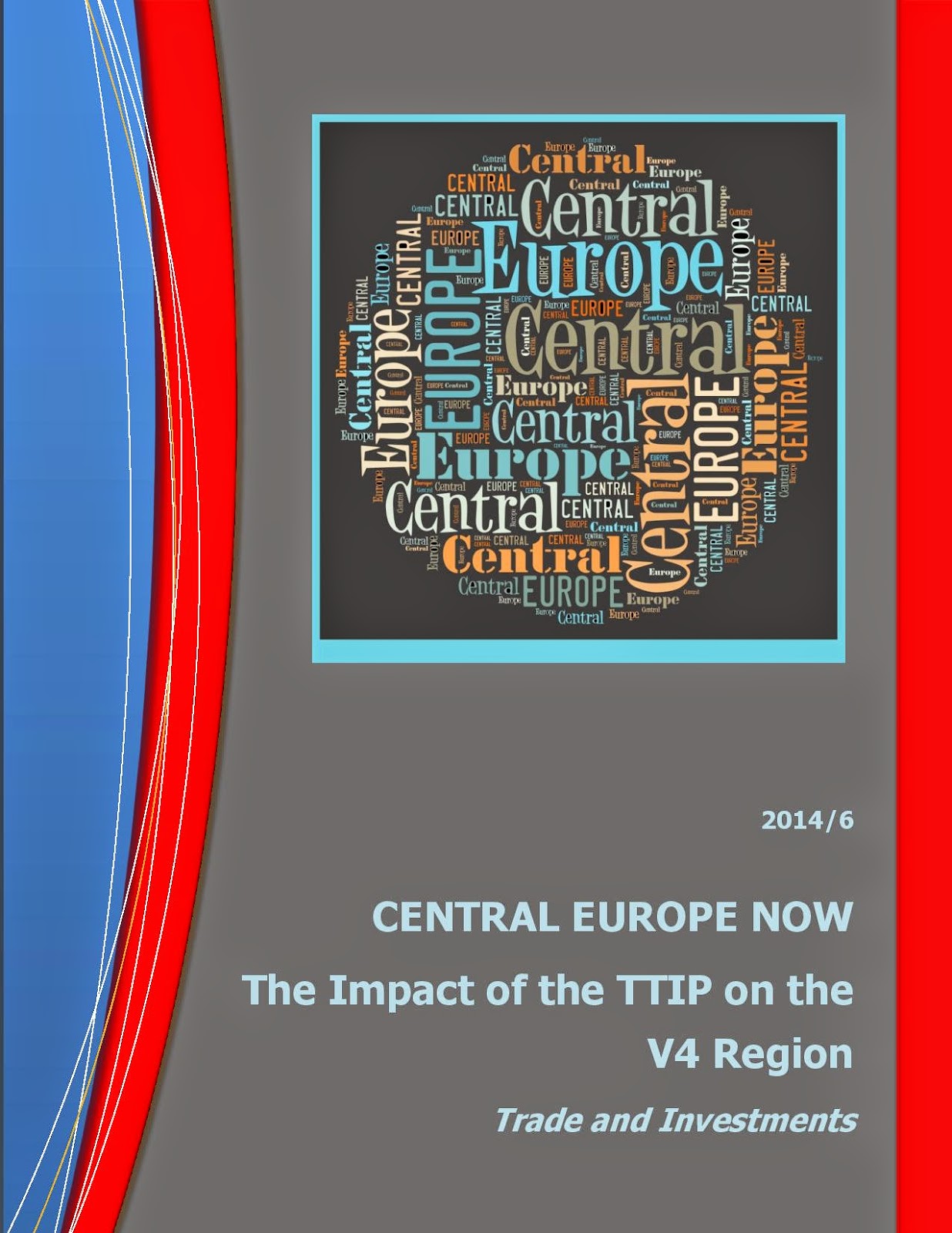A Call for Papers from The Jagiellonian Club, Krakow
The aim of the project is to expand and spread the knowledge regarding the Visegrad+ countries by
publishing 25 papers on V4+ cooperation.
The authors will be selected based on the abstracts (1500-2000 characters) to be sent by 30th September to the address papers@visegradplus.org. The selected authors will be informed by 3rd
October and the final versions of the papers will be due by 3 rd November.
Click here for further particulars.
The next decade in the Central and Eastern European region can be described by challenges that are on a par with those of the early nineties. We are convinced that further major crises await the region and specific countries in particular. We would like to be part of the journey that leads to a better understanding of these challenges in order to ensure we are not caught off guard.
Oldalak
8/22/2014
7. Zöld Nyári Egyetem (2014. augusztus 22-24.) // 7th Green Summer Academy (22-24 August 2014) - Budapest
First panel: Risks and Oportunities of the TTIP (Transatlantic Trade and Investment Partnership).
A public discussion on the impacts of the planned US-EU comprehensive trade agreement.
Web: www.greenacademy.hu
8/16/2014
The Impact of the TTIP on the V4 Region. Trade and Investment Opportunities
None of
the impact assessments is capable of fully forecasting the implications of the TTIP, and
even less able to anticipate unexpected political and economic changes, not to
mention the unpredictability in the reactions of third countries. The case of
the EU internal market – and experiences of other FTAs (Free Trade Agreements)
– prove that less developed countries may lose with the liberalization and the
opening up of markets. The case of Greece and other southern countries of the
EU clearly prove that problems with free-trade agreements and other integration
initiatives can be numerous. Less developed countries of the European Union, or
those that are not competitive enough, might not gain as much as forecasted;
what is more, the risk of losing in international trade is not negligible. Despite the
remarkable growth performance in international comparison and the major
advances in catching up with developed countries in the last two decades, the
peripheral/semi-peripheral position of the V4 region has not changed
significantly. The way a country in the CEE region integrates into the
international economy is crucial from the perspective of its economic
development path. From the point of view of the international division of
labor, the region itself became the supplier of foreign-owned manufacturing
firms, most importantly in the automotive and closely related sectors while
preserving traditional elements and old social structures. The very large exposure of the vehicle
industry in the region’s exports may normally be very risky. Given that the
TTIP's most beneficial trade impacts will probably be felt in this sector, export
dependence this time may lead to increased industrial output or exports, thus
contributing to faster economic growth. Most importantly, the positive impact
on German vehicle imports is likely to propel the region’s production of parts
and components as well. (Click on the picture!)
8/07/2014
Publication date
Csaba Moldicz: A new Political Economy of Eastern Europe
By introducing the market economy framework and
adopting the principles of democracy, it was believed that countries in Eastern
Europe would automatically enter upon a path leading to a rapid convergence
with the richer countries after a relatively short transitionary period. It has
not been the case for most of them. Recently several attempts have been made to
theoretically describe the political and economic systems that have developed
in the Central European region. But the explanations are not satisfactory. We
try to frame a new political economic approach in order to understand the
current and the future developments. It is of utmost importance since the next decade in the Central and Eastern
European region can be described by challenges that are on a par with those of
the early nineties.
Subscribe to:
Comments (Atom)
